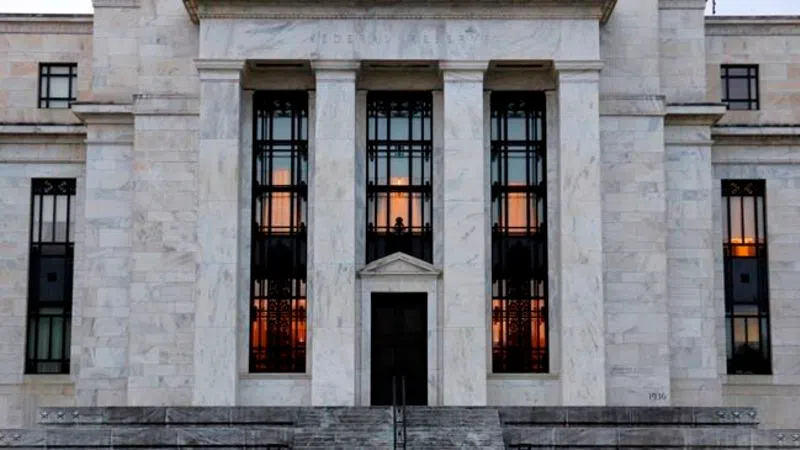
Fed finds resilient financial system despite high debt
WASHINGTON — The Federal Reserve said Friday that corporate debt remains at historically high levels but overall the U.S. financial system is resilient, a view in sharp contrast to the problems that led to the 2008 financial crisis.
In its twice-yearly “Financial Stability Report,” the Fed said that the situation has changed little since its previous report in May. At that time, it highlighted concerns about companies’ high levels of outstanding debt — known as leveraged lending — that grew 20% last year.
Federal Reserve board member Lael Brainard, who chairs the Fed’s financial stability panel, said the current combination of low interest rates and high levels of risky types of corporate debt “merits heightened vigilance.”
The new report found that borrowing by businesses is at historically high levels relative to the size of the economy, with the most rapid increases in debt concentrated among the riskiest companies with the weakest credit standards.


